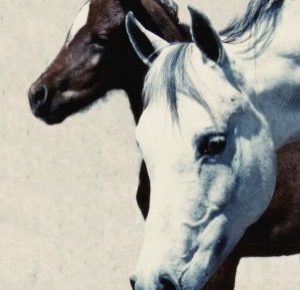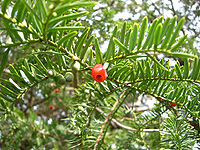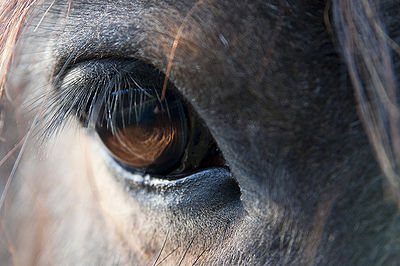Water is necessary for all living things to survive. Keeping your horse hydrated is crucial for good health. But along with giving your horse water, you must be sure that s/he is drinking.
There are several ways to accomplish this.
Feed more hay. The dryness will encourage drinking.
Make sure clean, fresh water is always available.
Check your horse’s water sources (buckets, pails, troughs) frequently for any debris. Clean regularly to get rid of any contaminants.
Have a salt supply conveniently placed so your horse has easy access. There is a salt supplement available, but check with your vet if it is necessary for your horse.
A 1,000 lb. horse needs a minimum of 3-8 gallons of water daily depending on the weather. Water needs increase with a rise in temperatures. Most foals will begin drinking water at 2 weeks old.
Water benefits digestion, regulates body temperature, eliminates toxins through sweat and urine and lubricates all parts of the body.
Horses can go without water for about 2 days, some at most 5-6 days. After 3-4 days, a horse’s organs can begin to shut down and this can result in permanent damage to them.
Signs of dehydration can be pale gums, sunken eyes, a tucked-up abdomen, decrease in skin elasticity (pinched skin should return to normal in less than 2 seconds). Horses with water deprivation can suffer colic and diarrhea.
While there is moisture in pasture grazing, horses still need to drink. They prefer a lukewarm water temperature but will drink cooler water.
After exercise, you can allow your horse to drink as s/he will rarely take in too much water. When out riding, before allowing your horse to drink from any water source, make sure it is not green or murky-looking or has an odor such as mold.
If your horse suffers from a health condition such as diabetes or Cushing’s Disease, s/he may drink excessively. This can result in stress to the kidneys. Diets high in hay, salt, potassium and protein can also cause excessive water intake.
Healthy horses will drink a normal amount of water. If you notice any change in drinking habits, have the vet examine your horse.



